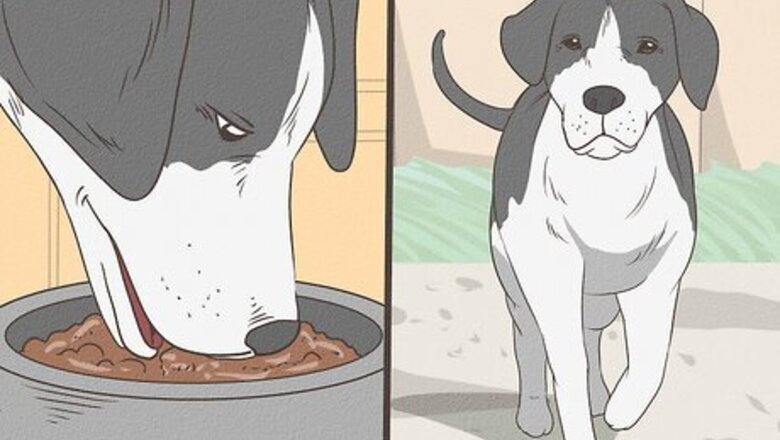
views
Soothing Your Dog’s Grief
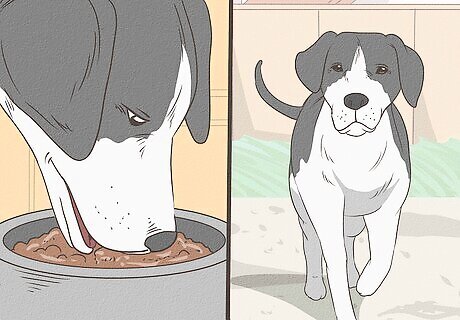
Stick to your normal, regular routine (as best you can). If there’s a huge change to your dog’s normal daily habits, it could amplify the impact of the disappearance of their housemate. A normal routine will also decrease your dog’s stress. The last thing your pup needs after the loss of a companion is for his world to be turned upside down. Feed your dog at the same time as usual, take them for their normal walks, and visit places you normally go.
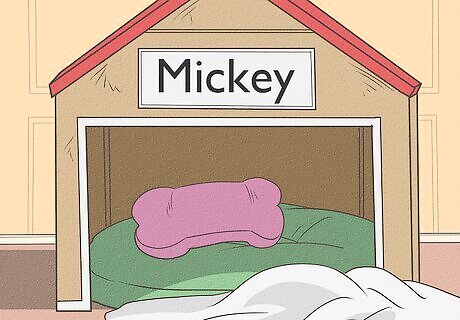
Leave your lost dog’s things out for a while. If you suddenly remove everything your current dog associates with their old friend, it can feel like another painful loss. Don’t relieve your dog of your old dog’s scents by taking away their toys, beds, or favorite blankets. Leave them where they are until your dog’s behavior fully returns to normal. It’s especially important to leave things where they are if your dog didn’t get to see their friend after they passed.
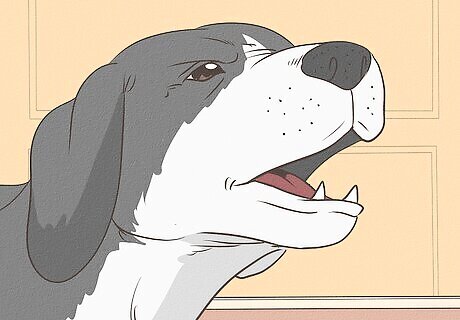
Allow your dog to readjust to their new place in the home. Dogs need to know their place in “the pack” in order to feel secure, and when a member of the home passes away, it can leave the survivor feeling confused and anxious. Be a leader for the home by maintaining normal expectations, but cut your dog some slack if they’re acting a little strange. They need time to adjust. If the deceased dog was the leader, the survivor may feel insecure since his understanding of who is in charge has changed. This can show itself as barking excessively at other dogs, either to assert his new found freedom, or more likely because he feels threatened and barks to warn other dogs off.
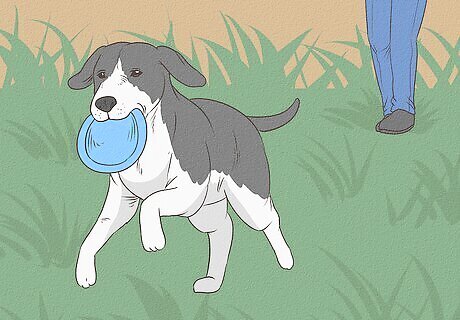
Spend more time playing and exercising with your dog. Two dogs that live together are constantly interacting with each other in subtle ways. When one of the dogs dies, the companion may well feel under-stimulated and even bored. It helps the dog to adjust if you can fill the gap with mental stimulation such as games, extra walks, or even teaching them a new trick or two. This excellent one-on-one interaction will divert his attention and strengthen the bond between you. It may even help alleviate your grief, too.
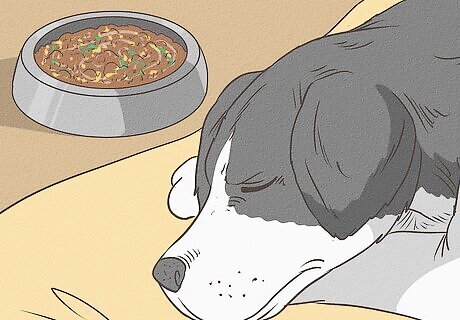
Let your dog grieve in their own way. It is human nature to want to comfort a pet after a loss, but this may not be the best way to alleviate your dog’s grief. Take the example of a dog that stops eating. The owner's reaction may be to hand-feed them and praise them when they eat, but that’s not helping them get over their trauma—it’s just rewarding your dog for not eating. If your dog is behaving a little strangely, let them be and don’t hover over them. You know how people sometimes need their space to sort out how they feel? Your dog may need some time and space to do the same. Just act like you normally would to the best of your ability. If your dog refuses to eat, just take their food away after 10 minutes or so the same way you normally would. It’s not cruel—it’s reinforcing a sense of normality and routine.
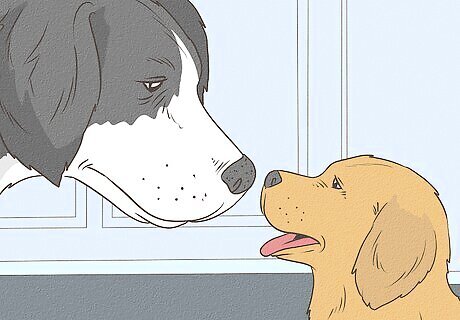
Consider getting another dog if you’re ready. The best time to get another dog is when you feel ready, rather than immediately to comfort another dog. Dogs are individuals and if the survivor had a strong bond with the deceased, it is unlikely you will replicate this purely by adding another dog to the household. However, it might be a great option if your dog is extremely social and clearly lacking that in their new daily life. There is also a possibility of making the situation worse by stressing the survivor with a strange dog intruding on his territory. Only get another dog if you're confident the two of you are ready. How do I know if a new dog is a good idea? If you feel strongly that a new dog is the answer, test your thesis out by inviting a friend's dog over and letting them play together. See how your dog reacts and whether it helps or not.
Do dogs know when another dog dies?
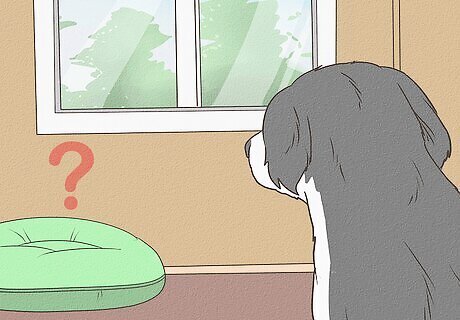
Your dog will absolutely notice your other dog’s absence. If your dog witnesses the death or sees the other dog’s body, they’ll know they’ve passed on. But even if they don’t see anything, your dog will eventually notice their absence. This can trigger a huge reaction if the missing dog was the pack leader and the other dog in the house was incredibly close with them, or not cause a huge stir if the missing dog was more of a loner or less intimate with the other members of the household. How long it takes your dog to notice the absence of the other dog depends on your routine, how often the other dog spends time outside the house, and whether or not your dog picked up on any terminal illness or not.
Do dogs grieve the loss of another pet?
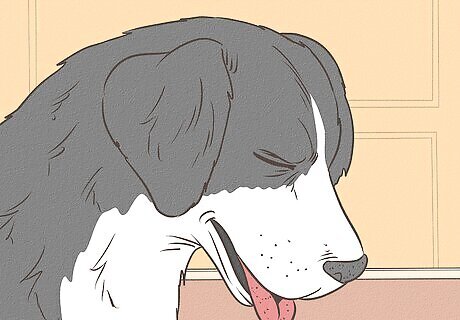
Many dogs do grieve, but that’s not universal. It is extremely common for dogs to mourn the loss of other dogs—especially if they were close to them. Dogs who spend a lot of time with one another usually develop an extremely tight bond, and losing that relationship can be deeply traumatic and upsetting for the dog left behind. A grieving dog may refuse to eat like normal, sleep more often, or whine and bark in unusual ways. They may seem nervous or on edge, as well. Every dog is different, though. If your dog isn’t mourning, it’s not malicious. Some dogs will only mourn in private when you aren’t around, and some dogs won’t mourn at all—it’s not something they’re choosing to do, it’s just a natural reaction.
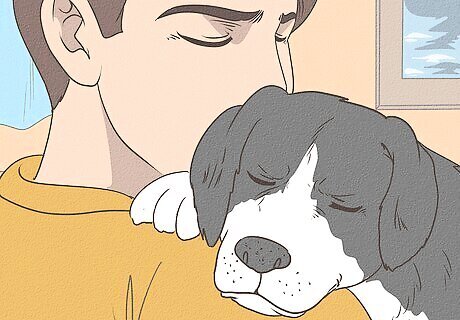
Your dog is very likely to grieve the way you do. Dogs are very in tune with the people they spend most of their time with. As a result, your dog will pick up on how you behave. If you mourn quietly and spend a few days isolated to process your feelings, your dog is likely to behave withdrawn or depressed. If you process your grief in private and your other dog is a source of joy and comfort, your dog will likely remain upbeat and act joyful. This is actually a great way to tell if your dog is uniquely struggling with the loss of their friend. If you’re making an effort to be playful and upbeat with your dog and they aren’t responding in kind, they may have canine depression.
Should I let my other dog see my dead dog?
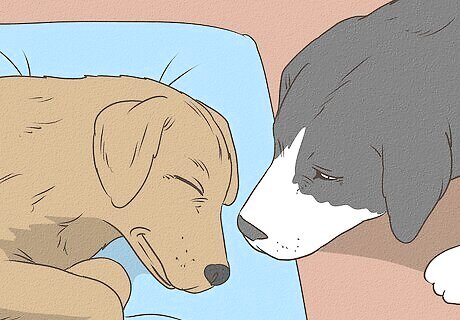
If you can handle it, it’s probably best to let your dog say goodbye. The consensus among animal behaviorists and vets is that it’s usually best to let your dog see the other dog has passed. This gives your dog the ability to investigate the deceased, say goodbye to their friend, and help prevent any potential confusion about where their packmate has gone. That said, the choice is 100% up to you. It may not be best to bring your other dog if they’re highly reactive in stressful situations or you don’t know if you’ll be able to handle the interaction emotionally.
Treating Canine Depression
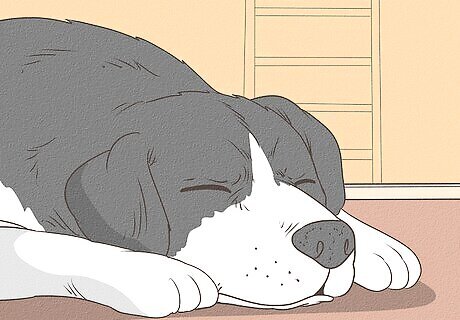
Watch out for signs of canine depression. Dogs usually show their depression through their body language. Seeing your dog show symptoms of depression might be alarming, but it's normal for them to show these symptoms after a loss. However, if your dog continues to show signs of depression for longer than a month or your dog is behaving out of character, talk to your vet. Common signs include: Refusing to eat. Refusing to engage in activities they once enjoyed. A change in sleeping patterns (either sleeping more than usual or being unable to sleep). A change in habits (for example, they no longer get up to greet you upon your return home).
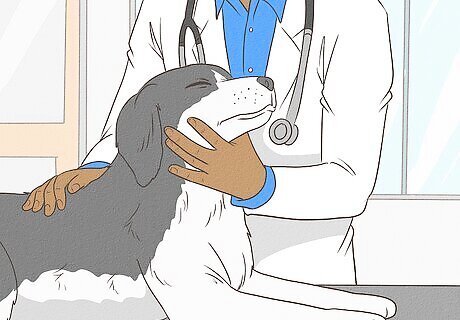
Take your dog to the vet to get them checked out. Rule out any physical issues that may be causing the behavior you’re interpreting as depression by taking them to the vet; it’s possible your dog just happens to be sick or injured. Then, talk to your vet about the potential impact of depression. They’ll guide you on what to do to treat the issue. In very rare cases, a vet may suggest trying Adaptil, a dog-appealing pheromone plug-in, to help your relax. Alternatively, they may prescribe an anti-depressant, like Tramadol.
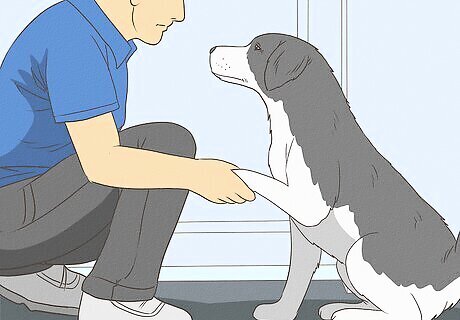
See a behaviorist if your dog is having trouble moving on. It’s okay for a dog to take a little longer than normal to adjust to their new life without their housemate, but if it’s interfering with your dog’s ability to perform daily tasks, hire a dog behaviorist. They’ll help you identify problematic behaviors and work with your dog to help them ease into a more productive and confident way of being.















Comments
0 comment